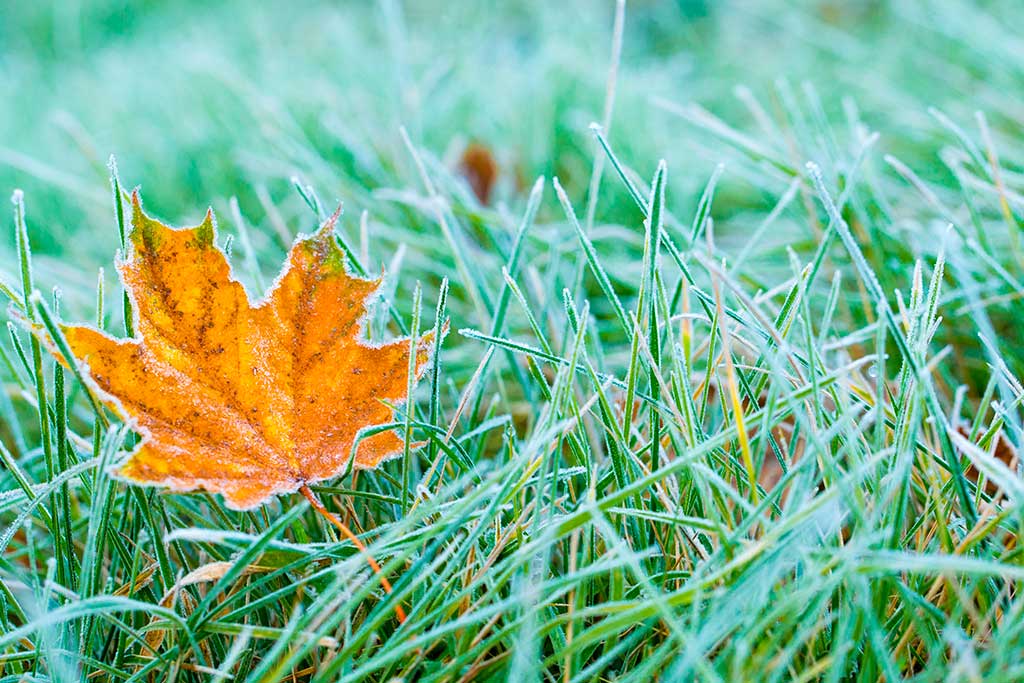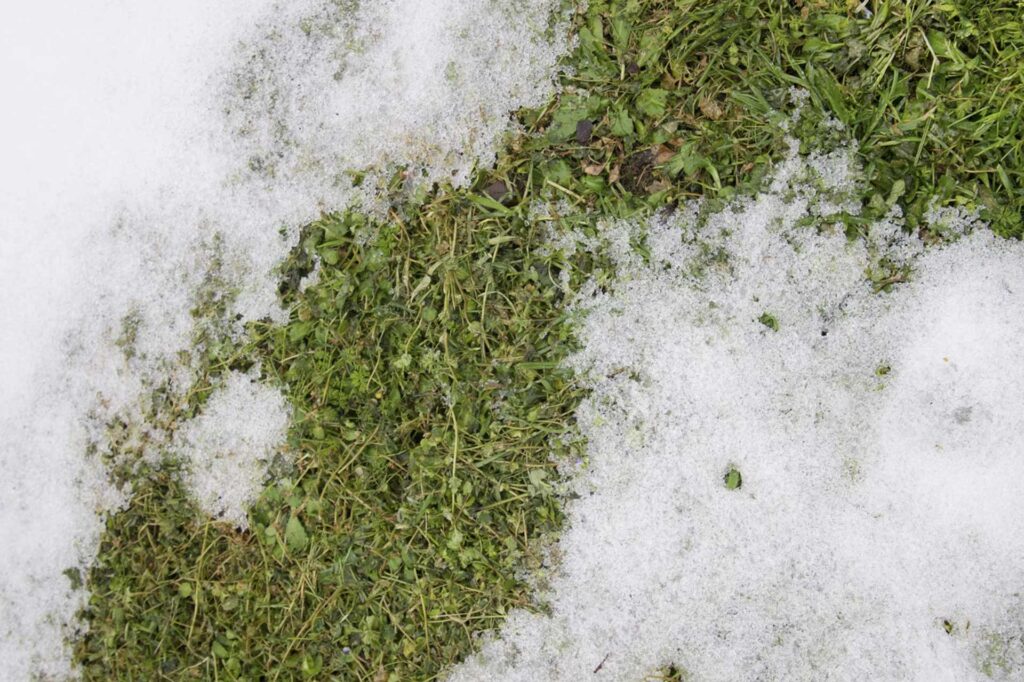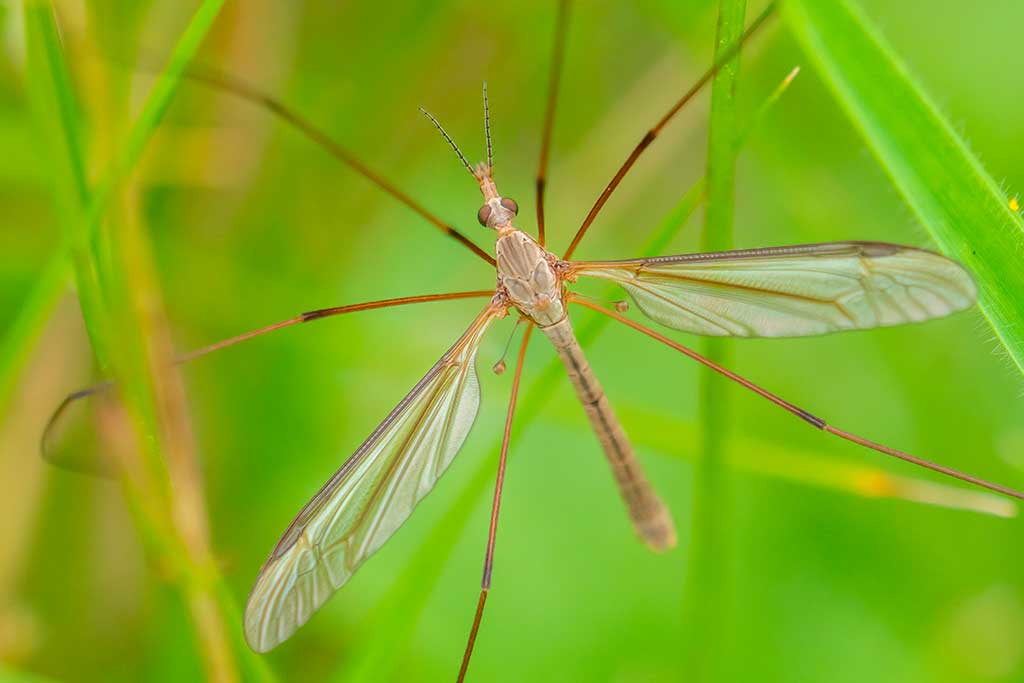The long winter months can put a strain on your lawn. Preparing your lawn for winter is therefore crucial so that it remains healthy and grows back vigorously in spring. Here are some basic tips that will greatly help your lawn survive the harsh winter months.
Aerate the lawn
Carried out in the fall, aeration promotes the penetration of oxygen, water and nutrients into the soil. This practice, recommended every year, helps densify your land and will give you a fuller, healthier lawn. In addition, mechanical aeration by coring helps control root thatch (thatch) which harms rooting and drainage in addition to providing a refuge for insects harmful to the lawn.
Lime treatment
Applying lime to your lawn in the fall can provide several important benefits for the health and vigor of your lawn. Indeed, by balancing the pH of the soil, the lime treatment makes the soil more favorable to important nutrients such as nitrogen, phosphorus and potassium. Additionally, healthy soil with good pH encourages your grass’s roots to grow deeper. This makes your lawn more resistant to the harsh winter months.
Fertilize the lawn
To prepare your lawn for the harsh winter months, it may be a good idea to apply a fertilizer specifically designed for fall. This will help nourish the lawn just before the colder months and strengthen its roots for stronger regrowth in the spring. Monsieur Gazon offers you a winterization treatment including a mixture of fertilizer and calcium that will help your lawn get through the winter more easily and encourage thicker and faster regrowth the following spring.
Raking leaves
A few dead leaves are not harmful to your lawn. On the other hand, in abundant quantities, dead leaves deprive your lawn of light and can cause it to die. Without waiting until they have all fallen, it is recommended to remove them or use a mulching mower with sharp blades to pulverize them.
Last mowing
The last mowing of the season should be done just before the first snowfall at a height of 5 cm (approximately 2 inches). In addition, as throughout the season, you should leave the residue on the lawn to provide natural fertilizer and thus reduce nitrogen losses. This last shorter mowing will greatly facilitate maintenance the following spring in addition to preventing snow or excessive humidity from promoting the development of fungal diseases.
Winter protection
Winter shade cloths are not essential, but can be useful to protect the lawn from abrasive materials left behind by snow plows such as salt, gravel and sand. However, it is very important to delay their installation as long as possible and remove them as soon as possible in the spring to avoid a greenhouse effect that would suffocate the grass.
By following these simple tips, you can help your lawn survive the winter safely and look healthy the following spring. Take care of your lawn now, and it will thank you with lush greenery when the days get longer again.
Sources: https://www.ontario.ca/page/preparing-your-lawn-winter



